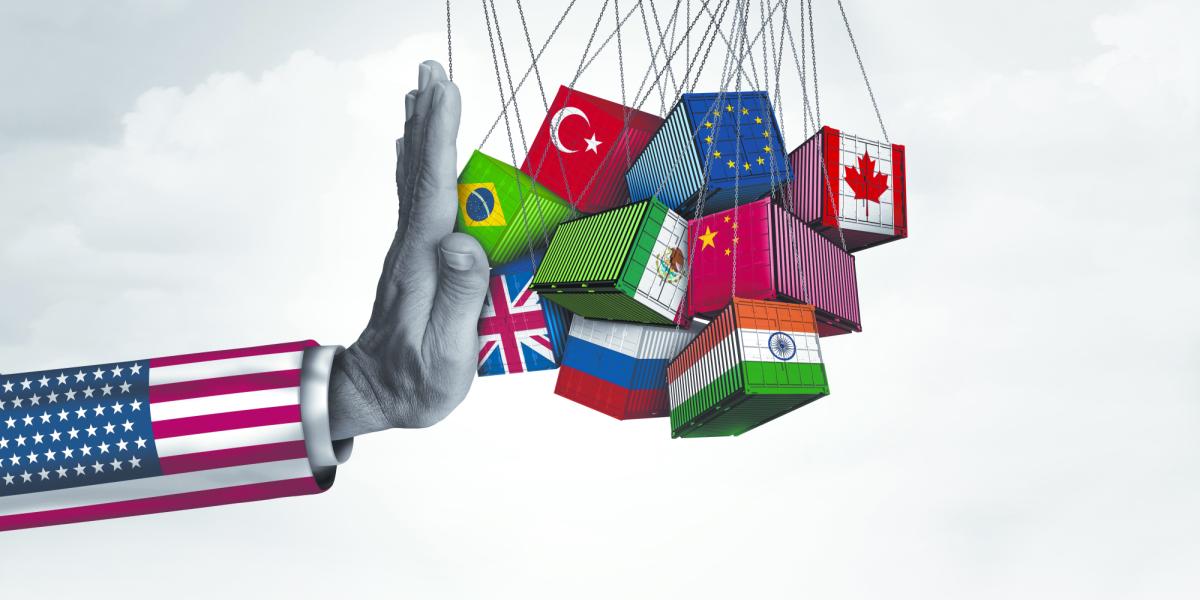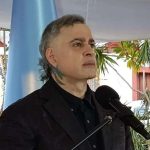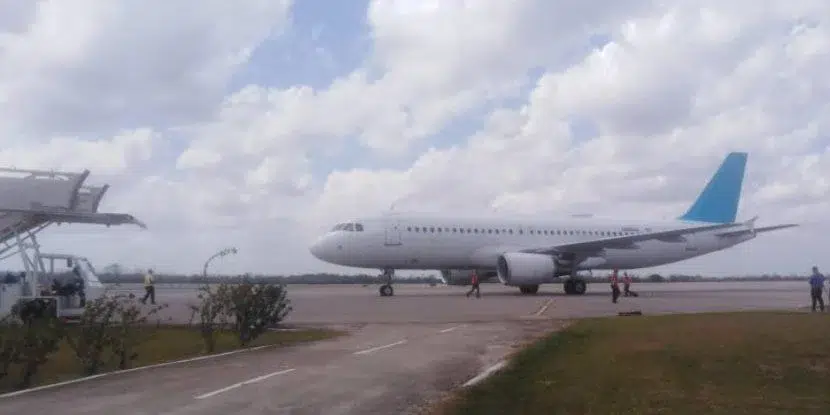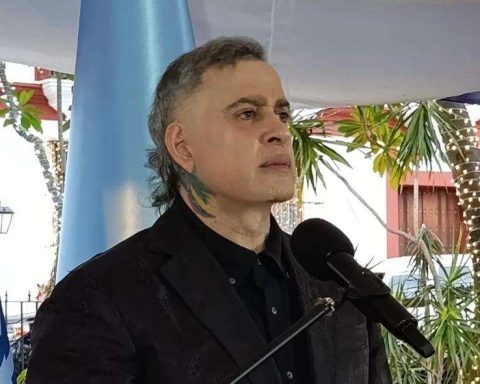London – Does the tariff frenzy unleashed by US President Donald Trump have any logic on April 2? No one can answer this question with certainty, because Trump is a politician who has turned unpredictability into a central part of his identity. However, it is essential to answer it, so here is a list of possible reasons why Trump began the commercial equivalent of World War I.
Let’s start with the obvious: Trump effectively believes that tariffs will make manufacturing jobs return to the United States and that the US economy will be great again. This idea was unlikely at best. But if Trump thought that April 2 would be the “day of liberation” of the United States, what happened since then should have changed his mind. The New York shareholding bag collapsed, analysts are close to predicting a recession and the Federal Reserve begins to feel the pressure to cut interest rates and fix the mess.
Economics textbooks suggest that tariffs should make the dollar appreciate, because if Americans matter less, they also sell less dollars in the exchange market. However, the magnitude and scale of the “reciprocal” tariffs was such that the dollar depreciated with respect to the most important currencies in the world. This can only mean that operators anticipate a decrease in economic activity in the United States.
Then, let’s look for another reason: maybe Trump does not care about the US economy as a whole, but he does want to reward the workers from the Middle West who with his vote gave him the choice. But, this theory does not work either. Tariffs on final products, such as cars manufactured abroad, provide a certain degree of protection to US companies and workers, but tariffs applied to imported parts and parts for cars have the opposite effect: they make domestic car manufacturing less profitable.
The demon is in the details and there is still much that we do not know, but it is perfectly possible that Trump’s tariff explosion reduces the effective protection of the industrial sector in the United States and thus destroys existing manufacturing jobs instead of creating new ones.
What is certain is that the price of cars (whether national or foreign) and other consumer goods will rise. This is not something to celebrate who voted for Donald Trump.
At a slightly more conspiracy angle, let’s suppose Trump cares about the future of US workers and that what he wants is to help the oligarchs of technology, such as Elon Musk, to become even richer. This sounds plausible, but economic logic does not fit either. The technology industry is mostly export, and the United States still leads it worldwide (yes, China approaches it quickly, but I write this column anyway with a Microsoft product, and most likely you will read it with a device designed in the United States).
The shelter of the domestic market to imports is not something that has without sleeping the magnates of technology, and protection through tariffs does not appear on the list of what they want from the government. On the contrary: Trump’s tariffs could be very expensive because if affected countries want to retaliate, the most sane would be focused on services (including technological), the sector in which the United States has a large commercial surplus.
Do you live outside the United States and use US programs to work and have fun? Well, it is possible that next time you have to pay much more for this privilege.
Given all of the above, why Donald Trump insists with tariffs? Still in search of a scholarly response, I went to a classic source: Albert Hirschman National Power and the Structure of Foreign Trade (national power and the structure of international trade).
In 1945, Hirschman, without anyone’s help, invented geoeconomy, a field that is now very fashionable. Distinguished between the effect of supply (trade enriches a country and therefore strengthens it in political and military terms) and the effect of influence (a large and rich country can exercise political power restricting the access of other countries to its market).
Therefore, it would seem that Trump appeals to the effect of influence. Displays its political power making it more expensive for its foreign competitors to sell goods in the United States. So far, so good.
But Hirschman’s analysis does not end here. As advised, to strengthen political power through trade, a nation must focus on countries that represent an economic and political threat; that depend largely on trade for their prosperity; and that they can hardly divert their trade to third parties.
Is there anyone who believes that Trump’s minions carried out such an analysis to decide who tariffs would impose? Consider some of the victims. Canada certainly depends on trade with the United States, but in what sense does a threat represent? Numerous Eastern Asia countries actively trade, but the United States is not usually their main commercial partner, and it is likely that they will redirect at other countries at least part of exports that will now not reach an American shopping center. Jordan (to which a 20%tariff will be applied) is an obvious ally of the United States, and not a country to which it must apply commercial sanctions to achieve influence. In addition, if Hirschman’s logic has been put into practice, why impose tariffs of almost 50% to Lesoto, a small, poor and Mediterranean African country that only exports costumes and diamonds?
Hirschman, in fact, highlights something ominous: the country that effectively used commercial threats to obtain political power, especially in central and eastern Europe after 1933, was Nazi Germany. Hopefully this is not the Trump model.
After all, the only explanation for Trump’s tariffs lies in the answer to the old question of why babies suck their big toe: because they can. The United States and the rest of the world will pay very expensive for this childhood behavior.
The author
Andrés Velasco, former Minister of Finance of Chile, is Dean of the School of Public Policies of the London School of Economics and Political Science.
Translation by Ana María Velasco
Copyright: Project Syndicate, 1995 – 2025

















